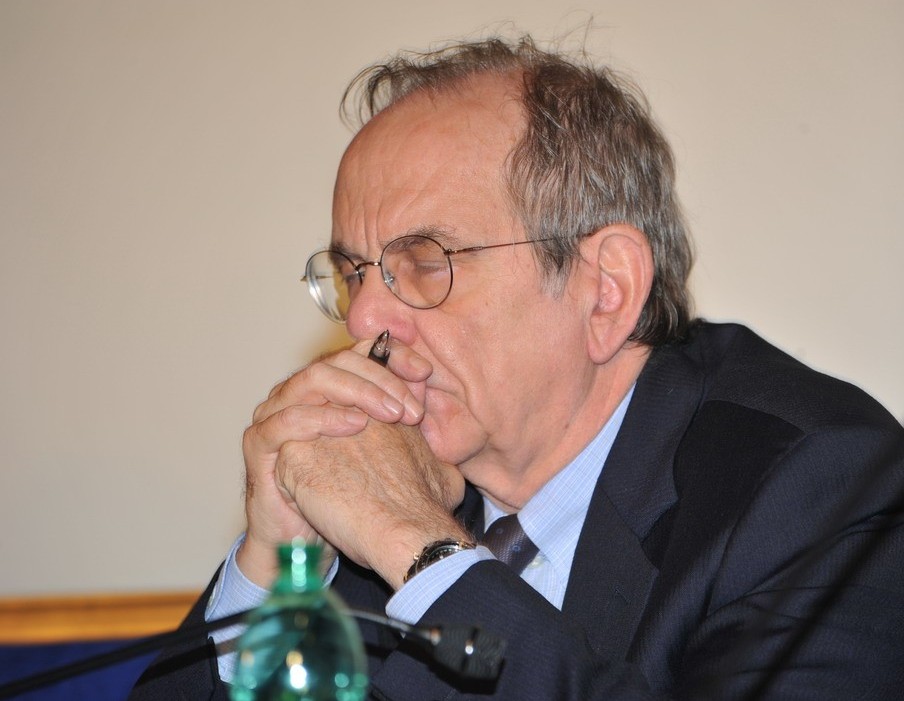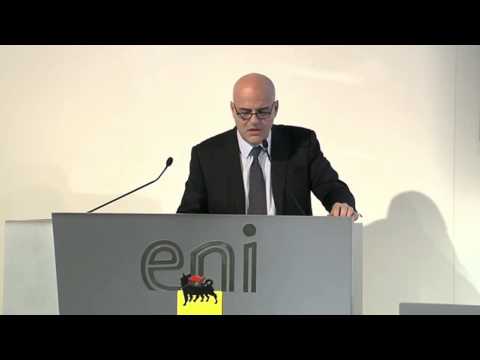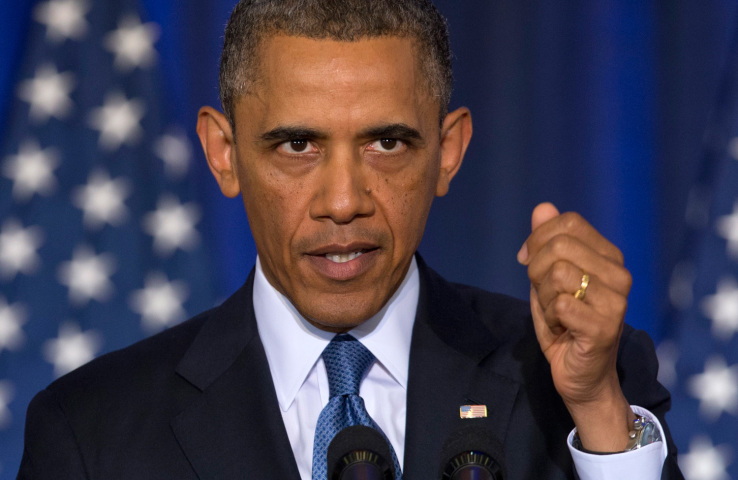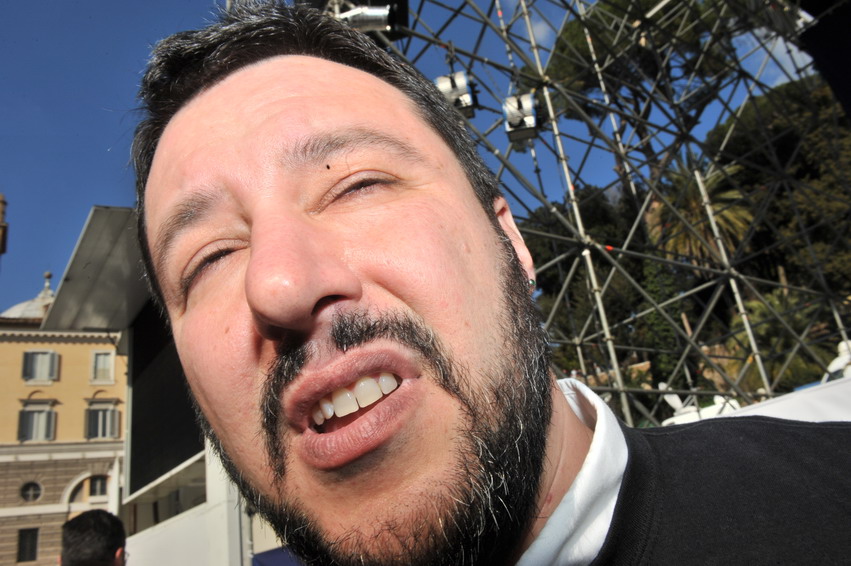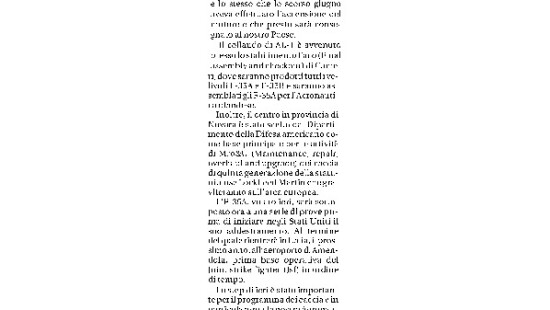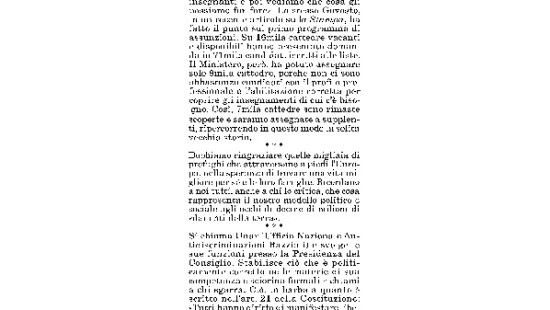Parigi ha ospitato il secondo incontro informale tra i ministri e i funzionari che a dicembre si riuniranno nella capitale francese per la 21esima Conferenza delle parti (Cop21) durante la quale verranno discussi gli impegni e le modalità di azione per affrontare a livello globale il cambiamento climatico. Il primo incontro informale si era svolto a luglio. Nella riunione che…
Archivi
Mps, Banco Popolare e Bcc. Chi si affretta a mollare le sofferenze bancarie
Il governo presenterà nel week end il progetto bad bank che dovrebbe prevedere la costituzione di un veicolo partecipato dallo Stato e da privati. Nei prossimi due giorni si terranno a Bruxelles delle riunioni decisive. E’ quello che trapela da ambienti politici e finanziari. L’obiettivo è quello di trovare una soluzione sistemica, da utilizzare ad hoc per alcune banche, per…
Perché non mi convincono le reprimende dell'Unar a Meloni e Bernardini
Francia e Regno Unito hanno deciso di attaccare il Califfato con raid aerei. Matteo Renzi ha subito messo le mani avanti: l’Italia non parteciperà perché è contraria ad inventi spot (sic!). Il premier ha proprio scelto il giorno adatto per squagliarsela: ora e sempre 8 settembre. ++++ Almeno Massimo D’Alema, da presidente del Consiglio, non si fece venire dei complessi…
Grande scoperta: l'Islam moderato esiste (me l'ha detto l'Eni)
Perugia ─ Premesse per nuovi equilibri mediterranei. Le argomentazioni "le primavere arabe 'americane' hanno fallito", "sono tutti uguali da al Azhar a Raqqa", "l'Islam moderato non esiste", "stanno arrivando a Roma", saranno trattate in data da definirsi, causa riqualificazioni in corso. Dieci giorni fa, di domenica, la più grossa azienda italiana, l'Eni, ha annunciato di aver scoperto un reservoir di…
Così la riforma del Senato ha tenuto banco alla summer school di Magna Carta
Godot non è ancora arrivato. In più d'uno lo deve aver pensato ieri sera, al termine di una tavola rotonda organizzata a Frascati dalla Fondazione Magna Carta, il think tank presieduto dal coordinatore nazionale di Ncd Gaetano Quagliariello. Un incontro svoltosi nell'ambito della decima edizione della Summer School, la cinque giorni di scuola politica organizzata dalla Fondazione ogni anno. L'incontro…
Siria e Iran, la schizofrenia di Obama su Putin
Lezione di Angela Merkel: l'Europa o è a trazione tedesca o non lo è. Giù il cappello! Matteo Renzi, va onestamente detto, è l'unico che l'aveva capito: ha tenuto la barra del rapporto con la Cancelliera... di fiori mentre mezza Italia (destra, populisti, euroscettici, sinistra Pd) partecipava del circo mediatico contro la cattiva Germania. Ma non sono tutte rose e…
Tutte le sterzate del Carroccio (da Bossi a Salvini) sulla Germania
Non esiste più la Lega alla quale mostra di pensare Aldo Cazzullo chiedendosi sul Corriere della Sera “dov’è la destra italiana di fronte alla svolta tedesca” in direzione della solidarietà verso i migranti. Per quanto si tratti, in verità, di una solidarietà selettiva, a beneficio non di tutti i disperati che bussano alle porte dell’Europa, ma soprattutto, se non soltanto, dei siriani.…
Chi può ben ispirare i vertici del Partito democratico
Riceviamo e volentieri pubblichiamo «C’è la crisi della politica ma la politica siamo noi». Mino Martinazzoli, purtroppo scomparso ormai quattro anni fa, pronunciò questa frase nel 1989 al congresso della Democrazia Cristiana. Sono passati ventisei anni ma sono parole attualissime. Quella battuta, così essenziale eppure così vera, contiene un messaggio che richiama gli aspetti più alti e nobili della politica.…





